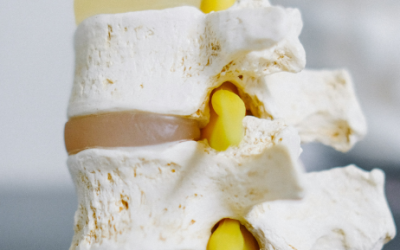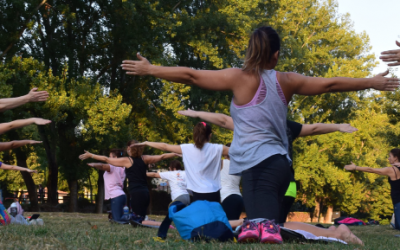Physical inactivity is a major public health problem of our time. Those who think they have no time for exercise sooner or later have to find time for illness. The evidence is here and demonstrates that low fitness causes more deaths than smoking-obesity-diabetes combined. Exercise is a cheap and effective way to protect your body, mind and overall health from illness. Exercise is medicine! Take it daily!
Benefits of Physical Activity
Engaging in regular physical activity offers numerous benefits for both physical and mental health. Here are some key advantages:
Physical Health Benefits
- Improves Cardiovascular Health:
- Regular exercise strengthens the heart and improves circulation.
- Reduces the risk of heart disease, high blood pressure, and stroke.
- Enhances Muscle and Bone Strength:
- Weight-bearing exercises like walking, running, and resistance training strengthen bones and muscles.
- Helps prevent osteoporosis and reduces the risk of fractures.
- Aids Weight Management:
- Physical activity burns calories, helping to maintain or achieve a healthy weight.
- Combats obesity and associated health issues like diabetes and metabolic syndrome.
- Boosts Immune System:
- Regular moderate exercise can enhance immune function, helping to ward off illnesses.
- Improves Flexibility and Balance:
- Activities like yoga and stretching improve flexibility and balance.
- Reduces the risk of falls and injuries, especially in older adults.
- Enhances Respiratory Function:
- Aerobic exercises like running, swimming, and cycling improve lung capacity and efficiency.
Mental Health Benefits
- Reduces Stress and Anxiety:
- Physical activity stimulates the production of endorphins, which are natural mood lifters.
- Reduces levels of the body’s stress hormones, such as adrenaline and cortisol.
- Improves Mood and Mental Well-being:
- Exercise has been shown to reduce symptoms of depression and anxiety.
- Promotes better sleep, which is crucial for mental health.
- Enhances Cognitive Function:
- Regular physical activity can improve memory, concentration, and overall cognitive function.
- Reduces the risk of cognitive decline and diseases like Alzheimer’s.
- Boosts Self-Esteem and Confidence:
- Achieving fitness goals and improving physical appearance can enhance self-esteem and confidence.
Long-term Health Benefits
- Increases Longevity:
- Regular physical activity is associated with a longer lifespan.
- Reduces the risk of chronic diseases that can lead to premature death.
- Promotes Healthy Aging:
- Helps maintain independence by improving mobility, strength, and balance in older adults.
- Reduces the risk of age-related diseases and disabilities.
Tips for Incorporating Physical Activity into Daily Life
- Set Realistic Goals:
- Start with small, achievable goals and gradually increase the intensity and duration of your activities.
- Choose Activities You Enjoy:
- Engage in exercises that you find fun and enjoyable to ensure consistency.
- Make It a Habit:
- Schedule regular workout times and make physical activity a part of your daily routine.
- Mix It Up:
- Incorporate a variety of exercises to work different muscle groups and keep your routine interesting.
- Stay Active Throughout the Day:
- Take breaks from sitting, use the stairs instead of the elevator, and walk or cycle for short trips.
It’s medically proven that people who do regular physical activity have:
- up to a 35% lower risk of coronary heart disease and stroke
- up to a 50% lower risk of type 2 diabetes
- up to a 50% lower risk of colon cancer
- up to a 20% lower risk of breast cancer
- a 30% lower risk of early death
- up to an 83% lower risk of osteoarthritis
- up to a 68% lower risk of hip fracture
- a 30% lower risk of falls (among older adults)
- up to a 30% lower risk of depression
- up to a 30% lower risk of dementia
“Exercise is medicine! Take it daily!”
See also:
Read more at:
https://www.nhs.uk/oneyou/moving#u2D0CgvZe8VzxKpE.99
http://www.nhs.uk/Livewell/fitness/Pages/whybeactive.aspx



